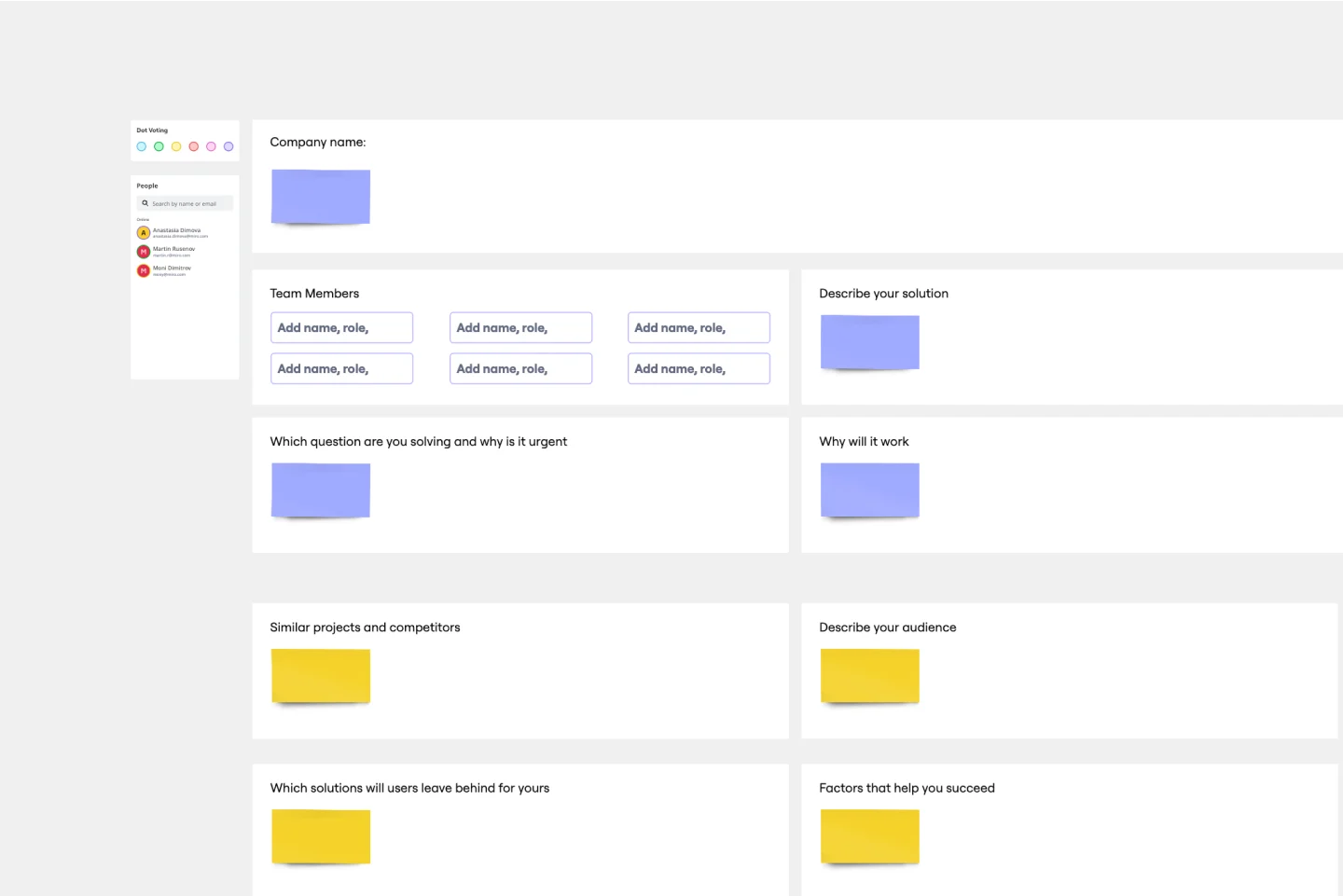About the Start Stop Continue Templates Collection
The start-stop-continue templates collection in Miro helps teams streamline their feedback processes and improve productivity. These templates are a structured way to gather insights on what actions to start, stop, and continue, making it easier for teams to reflect and improve continuously. With our editable start-stop-continue template, teams can customize the templates to fit their specific needs, ensuring that every feedback session is both effective and engaging.
What is a start-stop-continue template, and why is it important?
A start-stop-continue template is a tool used to facilitate structured feedback sessions within teams. It allows team members to categorize their feedback into three sections: actions to start, actions to stop, and actions to continue. This method is essential for teams seeking to improve processes and behaviors, as it offers a clear and organized approach to reflecting on past performance and planning for future enhancements. By using free "Start, Stop, Continue" templates, teams can ensure that feedback is actionable and focused, resulting in more productive and positive outcomes.
Why you'll love our start-stop-continue templates
User-friendly and customizable: Miro's start-stop-continue feedback templates are designed to be intuitive and easy to use. You can quickly edit the templates to match your team's specific needs.
Improved collaboration: With features like sticky notes, dot voting, and the people widget, team members can easily share their thoughts and prioritize actions.
Visual and engaging: The visual aspect of Miro's templates enhances feedback sessions, making them more engaging and interactive, which helps keep everyone involved and focused.
Accessible from anywhere: Whether your team is remote or in the office, Miro's online platform ensures that everyone can participate in feedback sessions seamlessly.
How to use the start-stop-stop continue templates in Miro
Set up your board: Open Miro and select the start stop continue template from the template library.
Customize the template: Edit the template to fit your team's specific needs. You can add or remove sections, change colors, and include additional widgets like sticky notes, dot voting, and the people widget.
Invite your team: Share the board with your team members and invite them to contribute their feedback.
Gather feedback: Ask team members to add their thoughts on what actions to start, stop, and continue. Encourage them to use sticky notes for clarity.
Prioritize actions: Use the dot voting widget to prioritize the most important actions. This helps the team focus on the most impactful changes.
Review and plan: Discuss the feedback as a team and create an action plan based on the prioritized items. Assign responsibilities and set deadlines to ensure follow-through.
By using Miro's start-stop-continue templates, teams can create a structured and engaging feedback process that helps them thrive and continuously improve.










